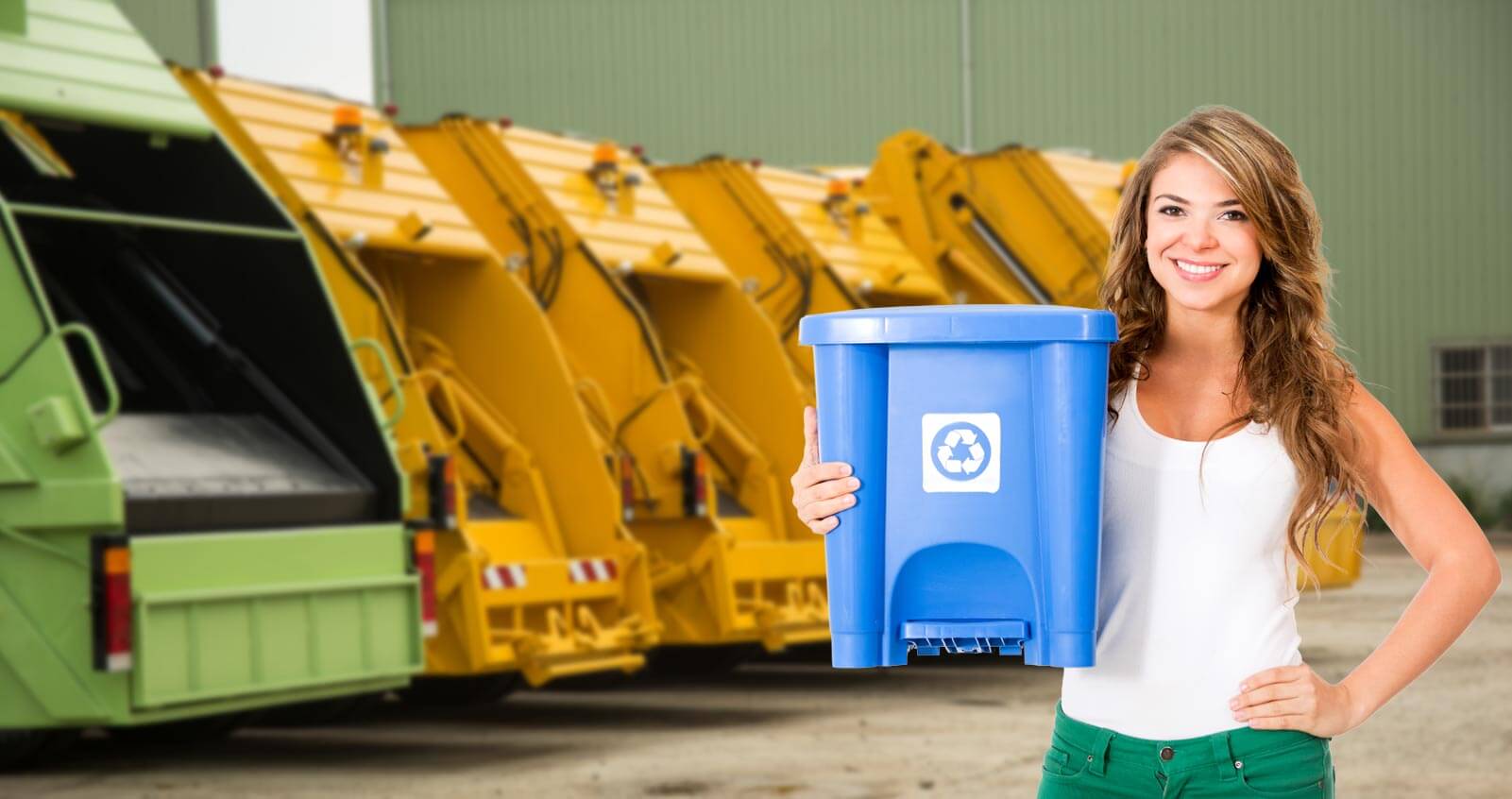Smart Tips for Garden Waste Control
Posted on 11/03/2025
Gardening is not just a leisurely activity but a way to enhance the beauty and health of our environment. However, gardening also produces a substantial amount of waste, ranging from grass clippings and leaves to branches and decayed plants. Proper management of garden waste is vital for maintaining a clean and sustainable environment. Here are some smart tips for efficient garden waste control that will help you keep your garden looking pristine and support eco-friendly practices.
Understanding Garden Waste
Garden waste, also known as green waste, covers biodegradable waste that comes from garden or park maintenance. This waste includes leaves, branches, twigs, grass clippings, and dead plants. While most green waste is organic and can decompose over time, improper disposal can lead to several environmental problems, such as blocked drains and increased greenhouse gas emissions.

Composting: A Natural Recycling Process
One of the most effective methods for managing garden waste is composting. Composting is a biological process where organic waste decomposes into a nutrient-rich soil amendment.
Benefits of Composting
- Environmentally Friendly: Composting reduces the volume of garden waste in landfills, lowering methane emissions.
- Soil Health: The resulting compost enriches soil, improving its structure, aeration, and water retention.
- Cost-Effective: Homemade compost cuts down on the need to buy commercial fertilizers.
How to Compost Effectively
1. Choose the Right Spot: Pick a well-drained area for your compost bin.
2. Balance the Greens and Browns: Greens (grass clippings, vegetable scraps) provide nitrogen, while browns (leaves, twigs) offer carbon. Balance these elements to create effective compost.
3. Regular Turning: Turn your compost pile regularly to aerate it and speed up the decomposition process.
4. Monitor Moisture Levels: Ensure that the compost pile remains moist but not waterlogged.
Mulching: An Efficient Strategy for Garden Waste Reduction
Mulching involves spreading a layer of organic material over the soil surface. It serves multiple purposes, including suppressing weeds, retaining soil moisture, and improving soil health.
Types of Mulch
- Organic Mulch: Includes grass clippings, leaves, bark, and wood chips.
- Inorganic Mulch: Comprises gravel, stones, and synthetic fabrics.
Benefits of Mulching
- Enhanced Soil Quality: Organic mulches decompose gradually, adding nutrients to the soil.
- Weed Control: A thick layer of mulch can effectively prevent weed growth.
- Water Conservation: Mulch maintains soil moisture, reducing the need for frequent watering.
Utilizing Garden Waste Collection Services
Many local councils offer garden waste collection services. These services can be particularly useful for those with large gardens or limited time for composting.
How to Use Garden Waste Collection Services Efficiently
1. Segregate Waste Properly: Ensure that only garden waste is included, keeping it free from non-organic materials.
2. Understand Collection Schedules: Familiarize yourself with the pickup dates and guidelines provided by the service.
3. Opt for Recyclable Bags: Use compostable or recyclable garden waste bags to reduce plastic use.
Reusing and Repurposing Garden Waste
Another effective way to manage garden waste is by reusing and repurposing it.
Creative Reuse Ideas
- Grass Clippings as Fertilizer: Grass clippings can be left on the lawn to decompose and return nutrients to the soil.
- Leaves for Mulch: Shredded leaves make excellent mulch for flower beds and vegetable gardens.
- Branches for Garden Structures: Use larger branches to create rustic garden structures like trellises and plant supports.
- Pine Needles for Acid-Loving Plants: Pine needles are excellent mulch for plants like blueberries and azaleas, which prefer acidic soil.
Technology and Tools for Efficient Garden Waste Management
Modern technology offers numerous tools and gadgets that can help in managing garden waste more efficiently.
Essential Tools
- Chippers and Shredders: These devices can reduce branches and leaves into smaller, manageable pieces that can be composted or used as mulch.
- Leaf Blowers: These can help gather leaves quickly, making it easier to dispose of or compost them.
- Smart Composters: Some advanced composters can accelerate the decomposition process, providing compost in a shorter time.

Community Initiatives for Garden Waste Management
Community initiatives play a vital role in managing garden waste at a larger scale.
Neighborhood Composting Programs
- Shared Compost Bins: Neighborhoods can invest in shared compost bins where residents can dispose of their organic waste.
- Educational Workshops: Local councils can organize workshops to educate the community about effective garden waste management practices.
Garden Waste Recycling Centers
Many communities have set up recycling centers where residents can drop off their garden waste. These centers often turn the waste into compost that can be purchased by residents, promoting a circular economy.
Conclusion
Effective garden waste management is essential for maintaining a healthy garden and contributing to environmental sustainability. By adopting practices such as composting, mulching, using garden waste collection services, repurposing waste, utilizing modern tools, and participating in community initiatives, you can significantly reduce the garden waste that goes to landfills. These smart tips will not only help you manage garden waste efficiently but also enhance the health and beauty of your garden.




